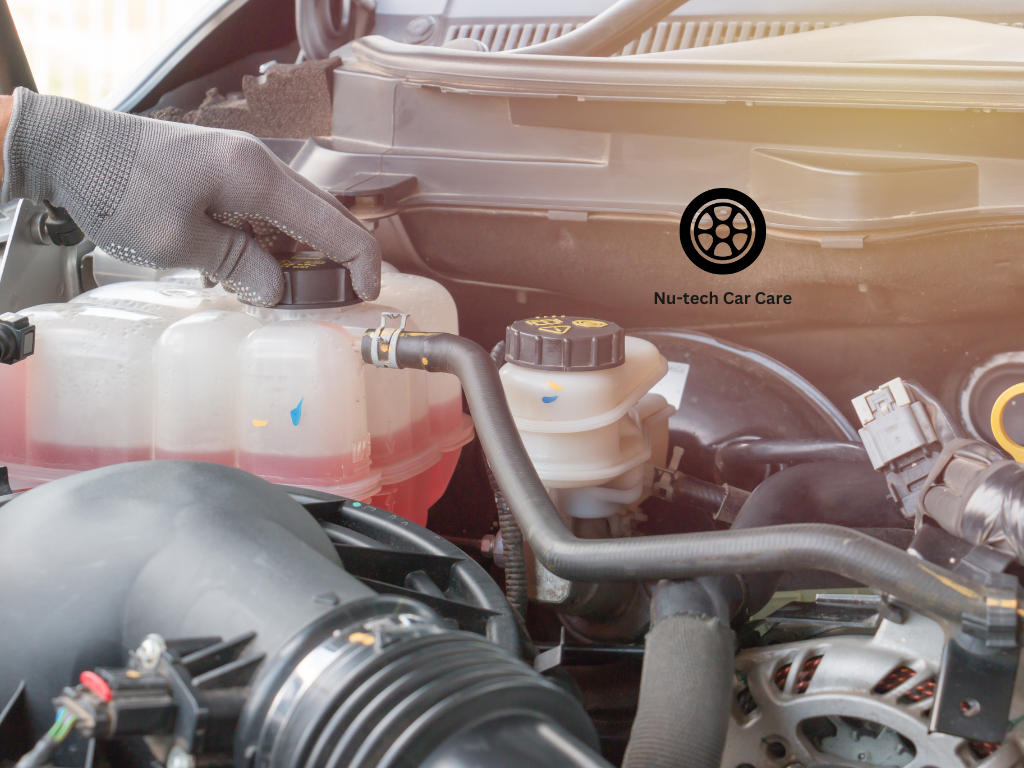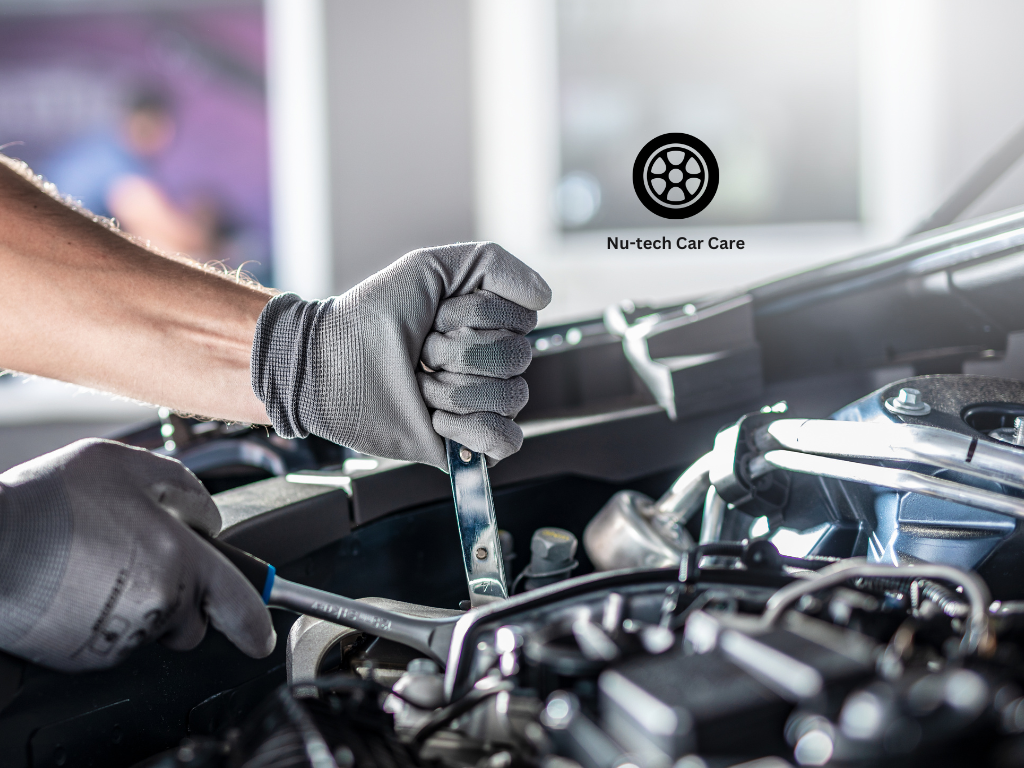Log book servicing is a type of scheduled maintenance that follows the exact guidelines set by your car’s manufacturer. When you buy a new car, it comes with a logbook that outlines when the vehicle should be serviced and what tasks must be done at each interval. This might be based on time (for example, every 12 months) or on distance (every 10,000 km).
Unlike a general Car Service, which might focus on basic oil changes and quick checks, log book servicing is more thorough. It ensures that every part of the car is inspected, maintained, and replaced according to the original design standards. This keeps the vehicle running safely and efficiently, while also protecting its long-term health.
One of the main reasons log book servicing is required is to keep the manufacturer’s warranty valid. Skipping a service or not following the proper schedule can risk voiding the warranty. That means if something major goes wrong, you may end up paying out of pocket for repairs that otherwise would have been covered.
By sticking to log book servicing, you are essentially giving your car the care it was built to receive. This not only keeps it in top condition but also gives you peace of mind that you’re doing things the right way.
How it protects warranty and car performance
Following the manufacturer’s schedule through log book servicing is the best way to maintain warranty protection. Car makers set service schedules based on how different components wear out over time. By checking and replacing them at the right moment, you avoid breakdowns and ensure your car is always performing as it should.
It also helps your vehicle run smoothly. A car that receives regular servicing will have a cleaner engine, better fuel efficiency, and safer handling. For example, when oil is replaced on time, it prevents friction that could damage the engine. When brakes are checked regularly, you avoid sudden failures on the road.
Simply put, log book servicing is not just a formality—it’s an essential step in keeping your car safe, reliable, and valuable. It’s one of the smartest ways to extend your vehicle’s life while protecting yourself from unnecessary costs.
Why a logbook for cars is more than just paperwork
Recording service history properly
A logbook for cars is more than a notebook tucked in your glove box. It’s an official record that keeps track of every service, check, and replacement done on your vehicle. Each time your car is serviced, the mechanic stamps and signs the logbook, showing that the correct maintenance has been carried out.
This detailed record proves that your vehicle has been cared for according to the manufacturer’s instructions. It also makes it easier to know exactly what has been done and when the next service is due.
Why it matters for resale value
When it comes time to sell your car, a logbook for cars can add real value. Buyers are more likely to trust a vehicle that has a complete service history. It shows the car has been looked after and reassures them that it’s less likely to have hidden problems.
Simply put, a stamped logbook is like a passport for your car—it tells the story of its care and increases its appeal in the used car market.
Essential checks in every Car Service under a log book plan

Engine oil, filters, and fluid checks
Every log book Car Service includes essential checks to keep your car running properly. This usually involves changing the engine oil and oil filter, as well as checking air filters and fuel filters. Mechanics also check and top up other fluids such as coolant, brake fluid, and transmission oil.
These steps might seem small, but they make a huge difference in how smoothly your car runs and how long it lasts.
Safety inspections for brakes, tyres, and lights
Another important part of log book Car Service is safety. Mechanics check your brakes for wear, inspect tyre tread and pressure, and test all lights. These checks help prevent accidents and make sure your car is safe for the road.
It’s not just about keeping the vehicle in good shape—it’s also about protecting you, your family, and others on the road.
How a car log book service near me follows manufacturer rules
Why mechanics use the service schedule
When you search for a car log book service near me, you want a mechanic who follows the exact service schedule from the manufacturer. This schedule tells the mechanic what needs to be done at each stage, whether that’s replacing spark plugs, checking belts, or updating the software in your car’s systems.
By following the service schedule, the mechanic makes sure nothing important is missed.
How it ensures the right parts and fluids are used
A proper car log book service near me also ensures that only the correct parts and fluids are used. Manufacturers test their cars to perform best with specific oils, filters, and replacement parts. Using anything else could affect performance or even void the warranty.
This attention to detail gives you confidence that your car is getting exactly what it needs.
The role of car tech in accurate log book servicing

How diagnostics tools improve servicing
Modern cars rely heavily on electronics, which means advanced car tech is an important part of log book servicing. Mechanics use diagnostic scanners to connect to your car’s computer system. This allows them to quickly find error codes, check sensor data, and detect issues that might not be visible during a standard inspection.
This technology speeds up servicing and ensures your car is checked thoroughly from the inside out.
Why technology reduces errors and speeds up checks
Using car tech reduces human error and ensures accurate results. Instead of guessing, mechanics get precise data that helps them fix problems before they become serious.
For reliable help, Nu-Tech Car Care is an automotive service company where customers can get services like tyres replacement, log book services, Vehicle Scanning, Cooling System Service, and car Batteries. They combine modern technology with expert service to keep cars in top condition.
Extra benefits of sticking with log book servicing
Longer car life and better reliability
Following the log book schedule means your car is always maintained at the right time. Regular oil changes, filter replacements, and safety checks extend the life of your vehicle and keep it running reliably.
It’s not just about avoiding breakdowns—it’s about having confidence that your car will perform well every day.
Saving money by preventing bigger issues
Small problems caught early are much cheaper to fix than major breakdowns. By sticking with log book servicing, you avoid costly repairs later on. For example, replacing a worn belt on time is far cheaper than repairing engine damage if that belt snaps.
Preventative care saves both money and stress in the long run.
Choosing the right place for log book servicing

What to look for in a trusted mechanic
When choosing a workshop for log book servicing, look for mechanics who are licensed, experienced, and familiar with your car brand. Ask if they follow the manufacturer’s schedule and use genuine or approved parts.
This ensures your warranty stays valid and your car gets the care it deserves.
Why location and experience matter
Convenience also plays a role. A nearby workshop makes it easier to keep up with regular servicing. But don’t just choose the closest option—check their reputation too. Experience, reliability, and trust are just as important as location.
By choosing the right place, you make sure your log book servicing is done properly, protecting your car and your investment.

